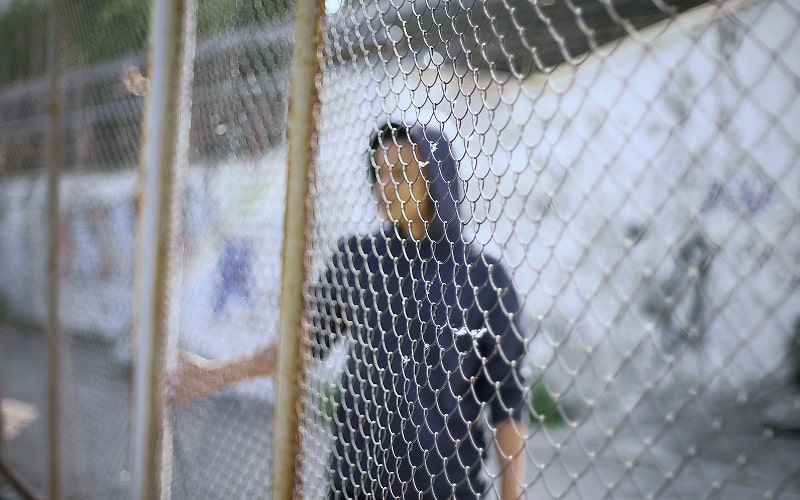
When a juvenile is arrested in Fairfax County, Virginia, it’s a frightening experience for the child and their family. Parents...

When a juvenile is arrested in Fairfax County, Virginia, it’s a frightening experience for the child and their family. Parents...

Juvenile delinquency involves legal violations committed by individuals under 18. While these offenses occur during one’s youth, their consequences can...
Most Recent Posts
Categories
Tags

We are on a a mission at Fairfax County Criminal Attorneys to provide exceptional services and client satisfaction.

Gain Peace Of Mind & Protect Your Future With The Powerful & Compassionate Representation Of Fairfax County Criminal Attorneys!
Services
Copyright © 2025 Fairfax County Criminal Attorneys – All Rights Reserved.